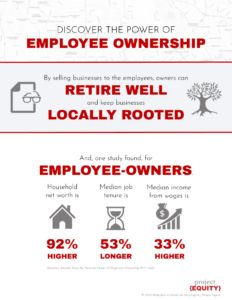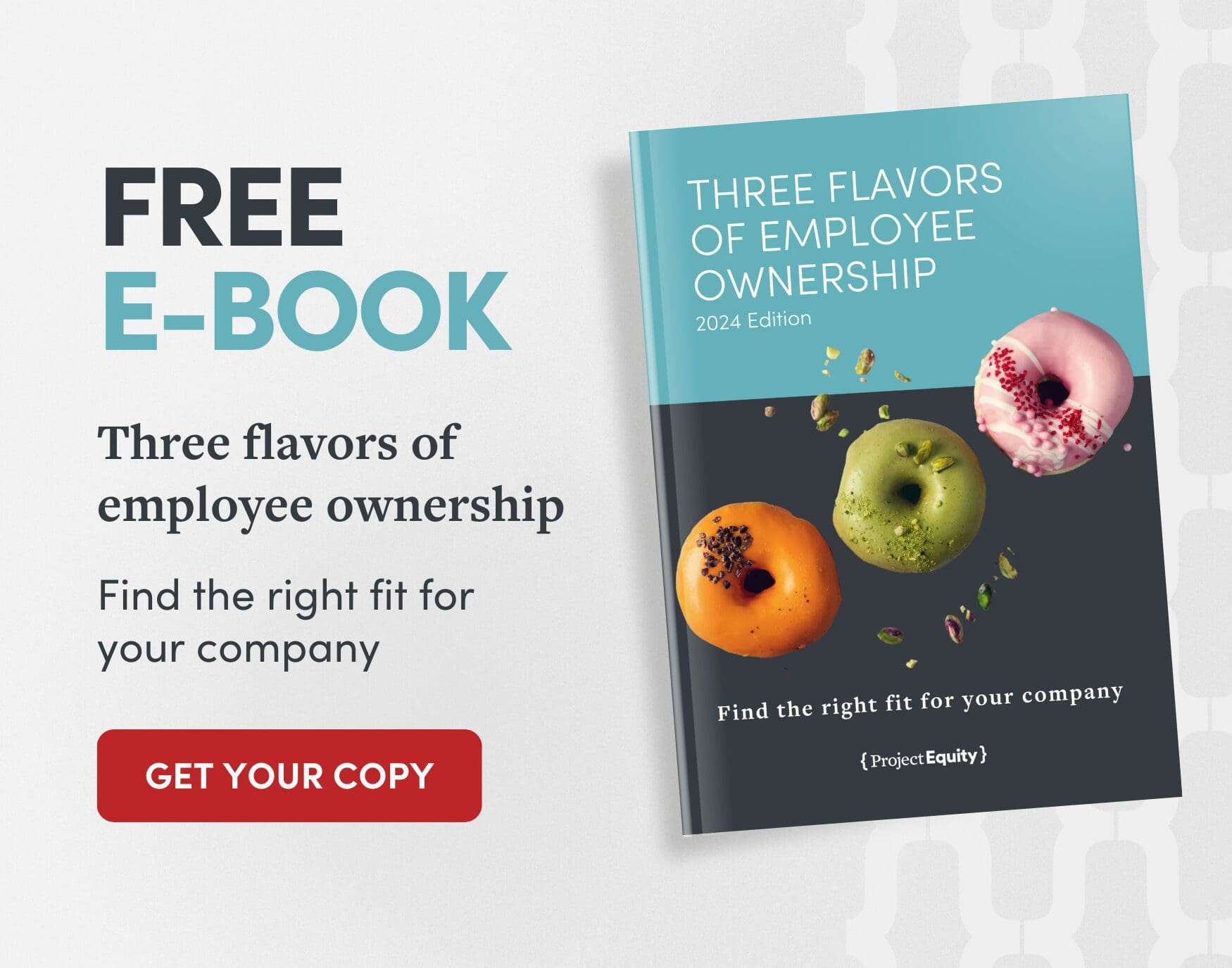Small businesses after a summer of COVID
- Genevieve Adams
When will some stability return for small businesses?
Restaurants. Manufacturers. Home Improvement. Many businesses in these industries are adjusting to the new normal to stay competitive…and to stay in business. As stay-at-home requirements continue, many of the businesses that have been allowed to open are struggling to adapt. Our local communities will never be resurrected if businesses have to shutter and can no longer provide the same products and services our local economies depend on.
Restaurants are turning to carry out only or setting up tables outside to service their customers. Manufacturers have begun making new products, such as COVID-19 masks, to provide products their customers need at the moment. The home improvement industry has adjusted to expanded offerings such as converting garages into home offices. And other businesses, such as those offering high demand products, have had to add employees, hours and shifts to just keep up with their client orders.
One company that had to adjust quickly to increased demand is King Arthur Flour, a 100% employee-owned business. In an interview with Forbes, co-CEO Karen Colberg shared, “We started working with our milling partners to ramp up safely,” said Colberg. “We asked, ‘How quickly can we go from operating at about half-capacity to 24-seven?’ What we’re now seeing is [baking] becoming a hobby for so many. It’s really become our national pastime.”
“As we navigate in these uncertain times, our north star remains our vision to inspire and share the joy of baking, building stronger and healthier communities. Community is a word you hear a lot. It speaks to connections, to support, to togetherness. There cannot be a more important time than now to be coming together to do all that we can to help one another, our families, our neighbors, and our communities,” Colberg shared with bakemag.com.
Another employee-owned business that has been affected by COVID-19 is A Slice of New York, with two California pizza shops. According to employee-owner Ren Boguiren, “We had to learn how to adapt quickly. My colleagues and I came together proactively to make a decision to prepare for a shutdown. Once the shutdown actually hit, the key moves we initially made were to stop selling slices, reconfigure the layouts of our stores, discontinue in-store dining and reallocate all of our hours,” he shared.
Can businesses adapt and benefit both the business and the employees?
A 2017 National Center for Employee Ownership study uncovered that individuals in employee-owned businesses have higher net worth, longer job tenure and higher wages. With these advantages, everyone has the accountability and the ambition to get the business on the right track.
 In contrast, most frontline workers lack financial safety nets and economic resiliency for themselves and their families. Even before the economic crisis, income and wealth inequality and downward economic mobility for frontline workers was the reality for millions. COVID-19 has brought these truths to the forefront of the nation’s consciousness. Project Equity believes that employee ownership puts employees, businesses and communities on a better path to resiliency and success.
In contrast, most frontline workers lack financial safety nets and economic resiliency for themselves and their families. Even before the economic crisis, income and wealth inequality and downward economic mobility for frontline workers was the reality for millions. COVID-19 has brought these truths to the forefront of the nation’s consciousness. Project Equity believes that employee ownership puts employees, businesses and communities on a better path to resiliency and success.
Employee ownership has changed Ren Boguiren’s life: “Becoming an owner has allowed me to have purposeful, adaptive, and transformative growth.”
Getting the word out
As businesses begin adapting into this new normal, Project Equity has also doubled its efforts to get in front of business owners to share how employee-owned companies, like King Arthur Flour and A Slice of New York, have advantages that enable them to be adaptive in this time of uncertainty and change.
It’s never been a better time to integrate employee ownership for businesses that need to be responsive to change as they open their doors again. Small businesses are responsible for about half the jobs and return three times more money back to the local economy than large corporations and chains. Imagine if the employees of these businesses were part of the succession plans. When we prioritize diversifying opportunities for ownership, we keep local businesses alive, build community wealth and help decrease the racial and gender wealth gap.
Times have changed and we need our small businesses to succeed
Our communities need our local businesses, and we are ready to welcome them back with open arms when they are able to reopen fully. They provide resources and jobs and strengthen our local economies. We need to go back to work. We need our favorite slice of pizza. Project Equity is here to help those businesses that want to consider employee ownership as a strategy for more productivity, more capital and more opportunities for the workforce as they bounce back.
Article details
Audience
Topic
Not applicable


